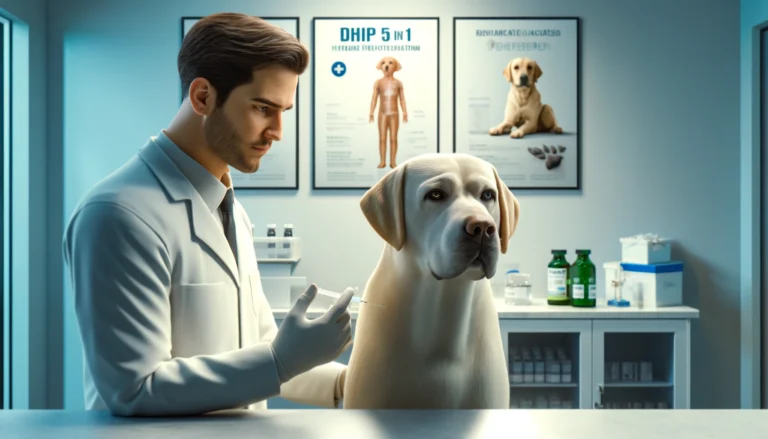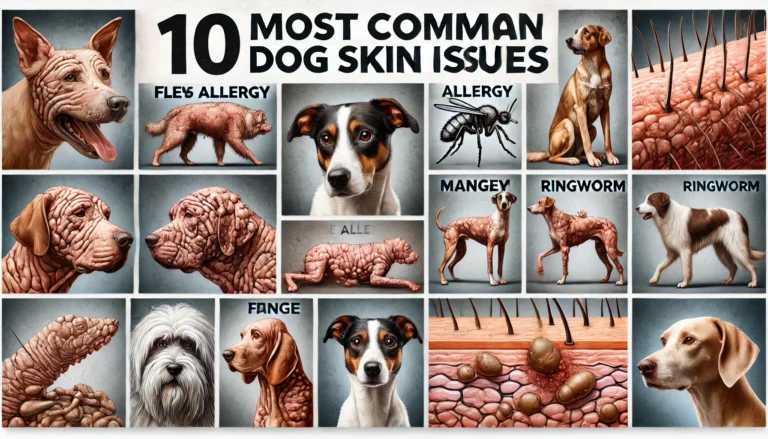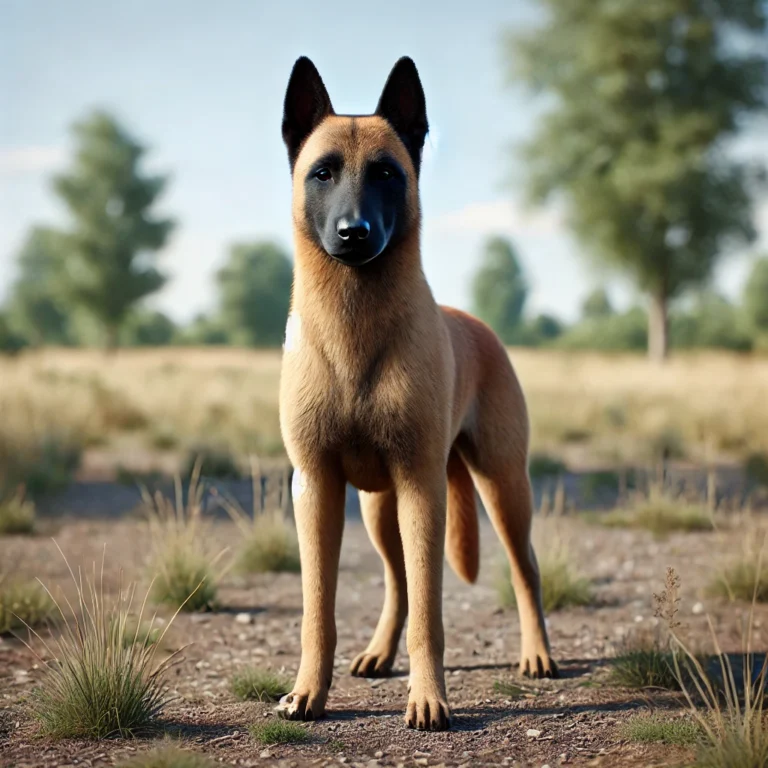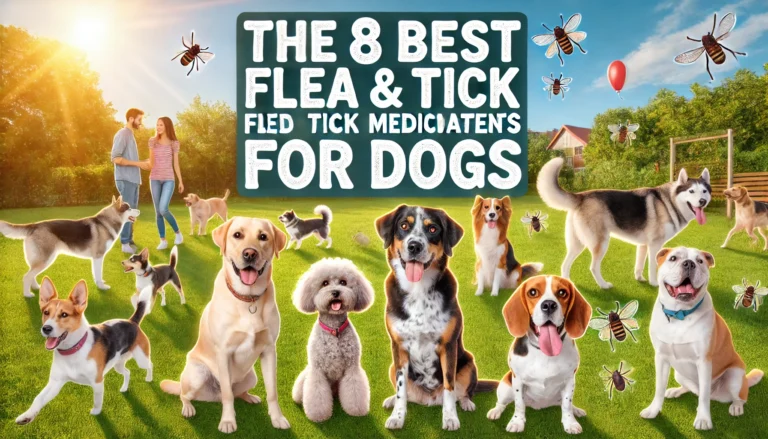why your dog farts and what to do about it
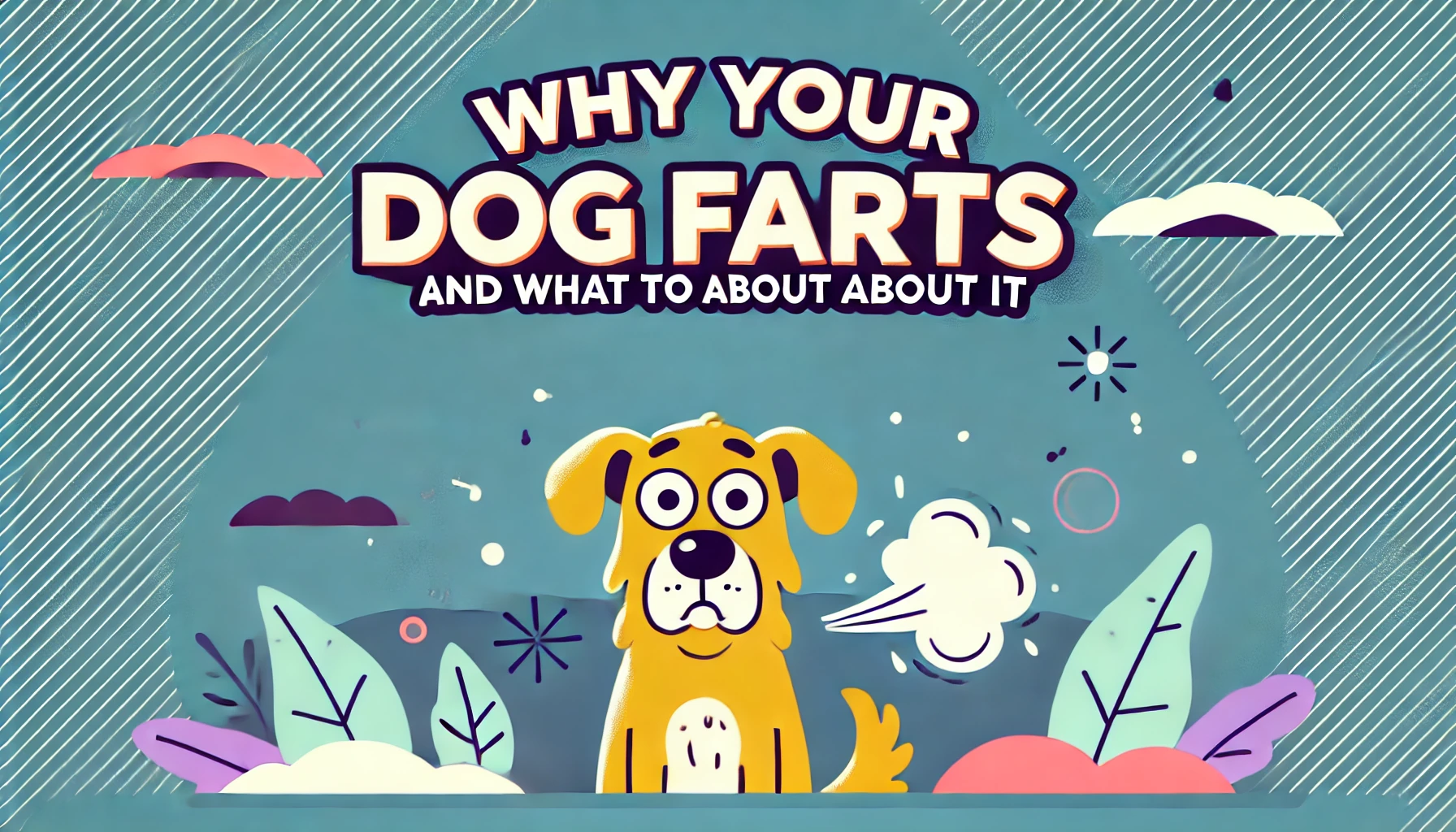
Anyone who has a dog knows that sometimes, our furry friends can be rather gassy. While dog farts can sometimes be a source of laughter, understanding the causes and solutions can improve the comfort of both you and your pet. This comprehensive guide will dive into everything you need to know about dog farts, including what causes them, what they mean, and how to reduce them effectively.

Understanding Dog Farts
What Causes Dog Farts?
Dog farts are caused by gas that accumulates in the digestive system, which can happen for several reasons:
- Diet-Related Causes: Certain foods can increase gas production. Foods that often lead to more dog farts include high-fiber ingredients, lactose-containing products, and spicy foods. The best dog food to prevent flatulence typically contains highly digestible proteins and low levels of fermentable fibers.
- Eating Behaviors: Dogs that eat quickly may swallow air, which leads to more dog farts. This is particularly a concern for dogs that compete with others for food or have anxiety around feeding times.
- Health Issues: Sometimes, excessive gas might indicate a health problem such as a gastrointestinal infection, parasites, or conditions like pancreatitis. If your dog’s farts smell like sulfur, it could be a sign of digestion issues or that the food they’re eating isn’t agreeing with them.
How Digestion Affects Dog Farts
Understanding your dog’s digestive system helps in managing dog farts. Here’s a quick breakdown:
- Ingestion: Food is taken in and swallowed.
- Digestion: Food breaks down in the stomach and intestines, where bacteria produce gas as a byproduct.
- Absorption/Elimination: Nutrients are absorbed, and waste is processed for elimination, during which gas is expelled.
How to Tell if Your Dog’s Farts Are Normal or Not
Normal Dog Farts
Occasional dog farts, especially after meals, are normal. However, paying attention to the odor and frequency can help you determine if they fall within the normal range or if you might need to consult a vet.
Abnormal Dog Farts
Be concerned if dog farts come with:
- Increased frequency: More farts than usual
- Unpleasant smell: Extremely foul odor like sulfur
- Accompanying symptoms: Such as vomiting, diarrhea, or noticeable discomfort
Diet Adjustments to Reduce Dog Farts
What to Avoid
Here are some foods that you should avoid to prevent dog farts:
- High-fiber foods: Can lead to increased fermentation in the gut
- Lactose-containing products: Many dogs are lactose intolerant
- Fatty foods: Hard to digest and can cause gas
Suggested Foods
Including easily digestible foods can help reduce dog farts:
- Boiled chicken or turkey: Easy on the stomach
- Rice and pumpkin: Soothes the digestive tract
- Probiotic supplements: Can help balance gut bacteria
Do you know?
Views on relationship between sweet potatoes and dog varies from vet to vet and region to region. As per new veterinary research, sweet potatoes – if prepared correctly – are a fruitful addition to dog diet.
Table: Recommended Diet to Reduce Dog Farts
| Time of Day | Food | Quantity |
|---|---|---|
| Morning | Boiled chicken | 1 cup |
| Midday | Probiotic yogurt | ¼ cup |
| Evening | Ground turkey & rice | 1 cup |
Other Tips to Manage Dog Farts
- Exercise: Regular walks and playtime can help stimulate digestion and reduce dog farts.
- Feeding Practices: Consider using slow-feeder bowls to reduce air ingestion.
- Check for Health Issues: Regular vet check-ups can help identify and treat underlying causes of excessive flatulence.
When to See a Vet
If changes in diet and lifestyle don’t reduce the frequency or severity of your dog farts, it might be time to consult your veterinarian. Persistent bad odor or farts accompanied by other symptoms like diarrhea could indicate health issues that require professional treatment.
Conclusion
While dog farts are a natural part of life with a canine, monitoring their frequency, smell, and context can help you ensure that your pet stays comfortable and healthy. Adjustments to diet and lifestyle are often sufficient to keep flatulence under control. However, don’t hesitate to seek veterinary advice if you’re concerned about your dog’s digestive health.
Is it normal for dogs to fart?
Yes, it is normal for dogs to fart. Just like in humans, farting in dogs is a natural byproduct of digestion. Occasional gas is usually nothing to worry about unless it is excessive or accompanied by other symptoms like discomfort or a foul odor.
Does chicken cause gas in dogs?
Chicken by itself is not typically known to cause gas in dogs and is generally easy for them to digest. However, if the chicken is prepared with oils, spices, or other ingredients, it might lead to gas. It’s best to feed plain, cooked chicken.
What to feed a dog with gas?
For dogs with gas, it’s advisable to feed low-fat, easily digestible foods such as cooked white rice, pumpkin, and lean meats like turkey or chicken without any skin or added fats. Avoid high-fiber and lactose-containing foods as they can exacerbate gas.
Why is my dog throwing up and smelly gas?
Vomiting along with smelly gas in dogs could indicate gastrointestinal upset or a more serious condition such as a dietary indiscretion, infection, or even a chronic illness like pancreatitis. It’s important to consult a veterinarian if these symptoms persist.
Why does my dog fart liquid?
Liquid farting, or squirting small amounts of fecal matter while passing gas, can suggest a gastrointestinal issue or a rectal problem. It could be a sign of an infection or even anal gland issues. It’s best to see a vet to determine the cause.
How do I clean my dog’s stomach?
Cleaning your dog’s stomach internally can be managed by feeding them a bland diet (like boiled chicken and rice) and ensuring they have plenty of water. For any serious issues, a vet might recommend specific medications or treatments to cleanse or soothe the stomach.
What is a natural remedy for a dog’s stomach?
Natural remedies to soothe a dog’s stomach include feeding a bland diet (like boiled chicken and plain rice), providing small amounts of ginger tea or peppermint tea, and incorporating probiotics or plain pumpkin into their diet.
Is it OK to rub a dog’s belly?
Yes, it is generally okay to rub a dog’s belly if they enjoy it. This can be a great way for you to bond with your dog and for them to feel relaxed. However, always observe your dog’s reactions and stop if they seem uncomfortable or irritated.
Is yogurt good for dogs?
Plain yogurt in small amounts can be good for dogs as it contains probiotics that can help balance the digestive system. However, make sure the yogurt is free from xylitol, a sweetener that is toxic to dogs, and avoid any flavored or sweetened varieties.

